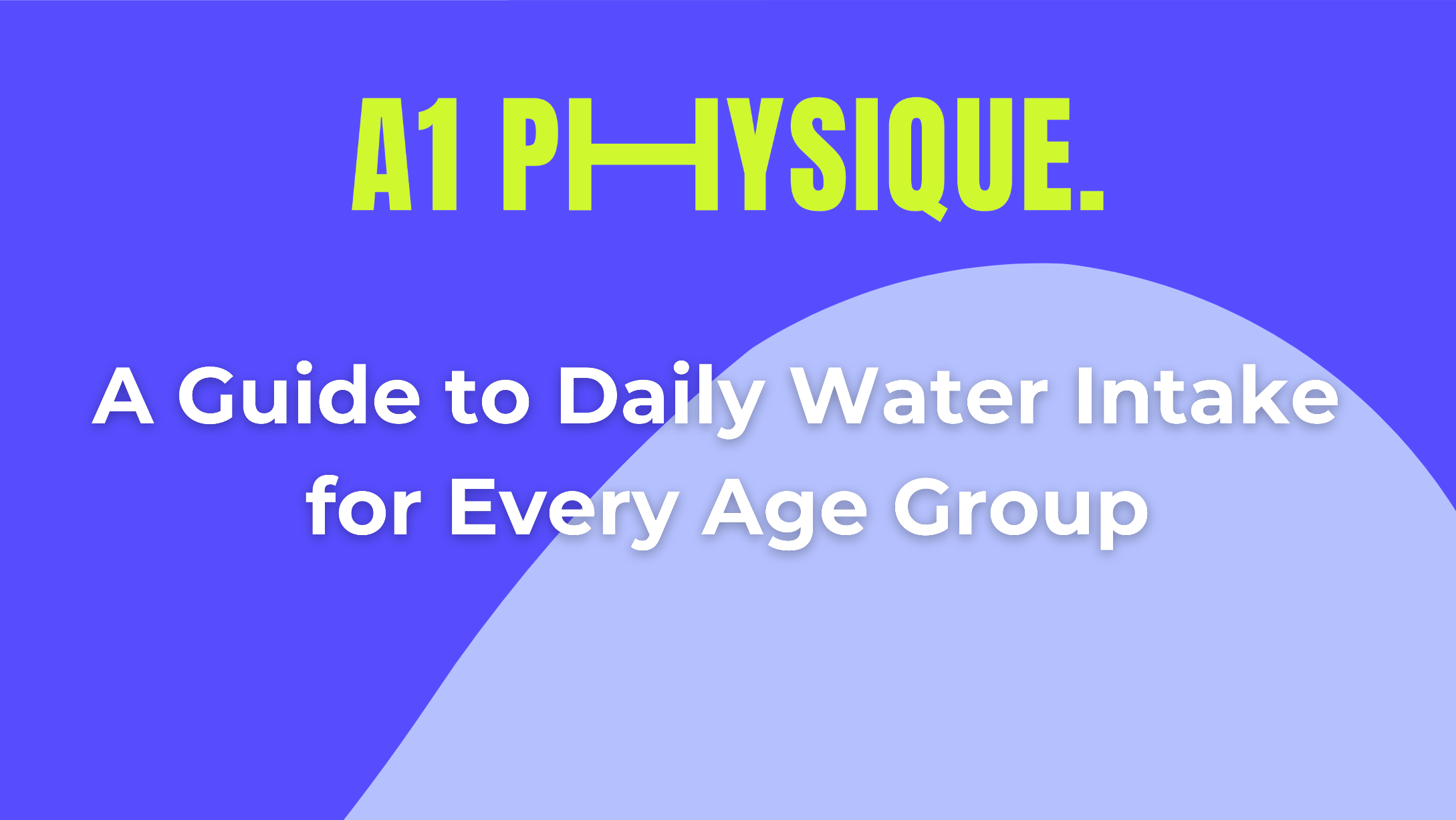We are all around 80% water, so ensuring we get the right amount of hydration during the day should be something we have at least considered, but just how much water do we need? Well, that depends on your gender and your age, together with your climate and activity levels, easy then!
Let’s start with Adult Men
Men are typically larger in body mass and muscle mass which increases their water needs. An average man should aim to consume approx. 3.7 litres of water per day. This can come from less specific sources such as coffees and teas, but also from moisture in food. The easiest way to ensure you’re drinking enough it to track consumption in marked bottles and set goals throughout the day.
Adult Women
Women usually require less water than men, again based on averages, so the recommended daily intake is 2.7 litres. Of course in special circumstances such as pregnancy and breastfeeding the need for water increases as you’d expect and it’s important to adjust for this when planning your water consumption.
The Elderly
Ageing is going to get us all, even you, and it’s important to know how our needs will change when it comes to water intake. It is common for our bodies to struggle to retain water as we enter are elderly years which increases the risk of dehydration linked to a reduced kidney function. The recommended intake for the elderly is the same as adults generally, but with the caveat of regular monitoring of hydration due to the side effects of dehydration being much more severe to the elderly.
Children
Children’s needs for water depend on their age, weight and general activity level. Between the ages of 4-8, children should have approx. 1.2 litres of water per day. This increases for those aged 9-13 up to 1.8 litres per day. It is worth checking in with a medical professional if you have any specific concerns about your child’s hydration as they may be less likely to report the symptoms of dehydration.
How To Stay Hydrated:
- Set goals for the amount of water you aim to drink each day to remove ambiguity
- Take a refillable water bottle with you each day to ensure you have quick access to water should you need a top up
- Create a routine that supports water consumption, drinking water with your meals, following up your morning coffee with water etc.
- Stay aware of the signs of dehydration and be prepared to react
- Plan ahead on days of high activity with room for extra water in your day



